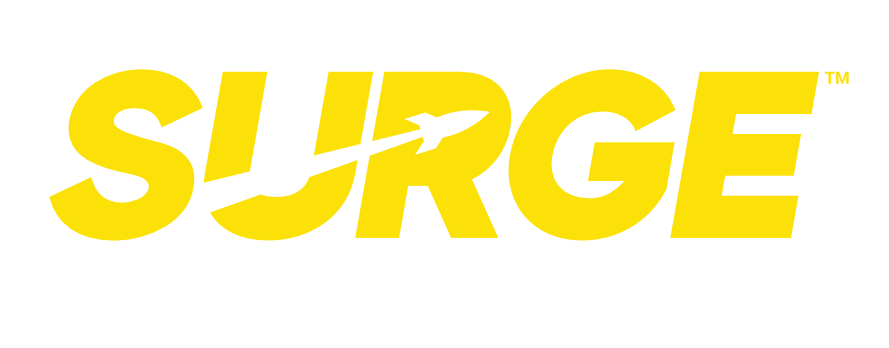My Business Received a Demand Letter—What Should I Do Next?
Receiving a demand letter can be unsettling, especially if you’re unsure how to respond. But rather than panic, it’s important to understand what a demand letter means and how you can address it effectively to protect your business. Whether the letter is demanding payment, legal compliance, or some form of action, how you respond can have a significant impact on the outcome.
What is a Demand Letter and Why Have You Received One?
A demand letter is essentially a formal request for action, typically sent by an attorney on behalf of a person or business. The sender is demanding that you do something—often pay money, fulfill a contractual obligation, or correct an issue. The goal of a demand letter is usually to avoid going to court by encouraging the recipient to settle the matter privately.
For example, if you have an unpaid invoice, a demand letter might ask you to pay the balance within a certain timeframe. If there’s a breach of contract, the letter might demand specific performance or financial compensation. The tone is often stern because the sender wants you to take the demand seriously, but that doesn’t mean you should comply immediately without exploring your options.
Immediate Steps to Take Upon Receiving a Demand Letter
The moment you receive a demand letter, it’s important to act swiftly, but not hastily. Here are a few immediate steps to take:
- Don’t Ignore It: First, make sure you don’t set the letter aside or forget about it. Ignoring a demand letter could lead to the sender escalating the issue to legal action, which is far more costly and complicated to deal with.
- Read It Carefully: Take the time to read the letter thoroughly and understand what is being asked. Look for details such as the specific demands, the deadlines for action, and any legal consequences mentioned.
- Call a Lawyer: Your next step should be to consult with a lawyer. At Surge Business Law, we specialize in helping businesses respond to demand letters in a way that protects your interests while opening the door to possible negotiations. A lawyer can help you understand whether the demand is legally valid, evaluate your options, and craft the most appropriate response.
Crafting an Appropriate Response
Once you’ve consulted with a lawyer, the next step is to decide how to respond. Here are three common ways business owners respond to demand letters:
- Comply with the Demands (Uncommon):
- In some cases, you may decide to comply with the demands in the letter—especially if the request is reasonable or aligns with actions you were already planning to take. However, this is the least common response because most business owners want to fully understand the legal standing of the demand before acting.
- Ignore the Letter (Risky):
- Ignoring a demand letter can sometimes be an intentional strategy to call the sender’s bluff. The thought is that taking legal action might cost more than what’s being demanded, so the sender may just drop the issue. However, this is extremely risky because ignoring the letter can escalate the situation, leading to a lawsuit. Remember the old proverb: “A gentle word turns away wrath.” Rather than ignoring the letter, engaging in a discussion is often a better approach.
- Negotiate or Start a Discussion (Recommended):
- The most effective response is often to use the demand letter as the start of a discussion or negotiation. This is where having a lawyer is invaluable. At Surge Business Law, we act as dispassionate third parties, helping you engage with the other side in a calm, strategic way. Whether you want to negotiate a settlement or resolve the issue through dialogue, having a lawyer involved demonstrates that you’re taking the matter seriously while also protecting your business’s interests.
Understanding the Legal Consequences of a Demand Letter
A demand letter isn’t a lawsuit, but it can be a precursor to one. How you respond can determine whether the issue is resolved quickly or escalates into something more serious. The legal consequences of a demand letter can vary depending on the nature of the dispute, but it’s important to remember that the sender is signaling their willingness to take further action.
If you ignore the letter or respond inappropriately, you could face a lawsuit, which is far more costly and time-consuming to handle. That’s why it’s so important to take every demand letter seriously and respond thoughtfully. Even if you believe the demands are unreasonable or unwarranted, consulting with a lawyer ensures that you protect yourself from potential legal repercussions.
What Comes Next? Legal Actions to Consider
After you’ve received a demand letter and consulted with your lawyer, the next steps depend on the course of action you choose. If you’re negotiating or discussing the issue, you may be able to resolve the matter without further escalation. However, if the sender insists on taking legal action, you may need to prepare for litigation.
At Surge Business Law, we help businesses navigate the complexities of responding to demand letters and, if necessary, defending themselves in court. But in many cases, we find that early involvement in the process allows us to settle disputes without the need for litigation. By engaging with the other party early and offering practical solutions, we often help our clients avoid costly court battles.
Conclusion: Don’t Ignore a Demand Letter—Call Us for Help
Receiving a demand letter doesn’t have to be the start of a lengthy legal battle. By responding appropriately and understanding your options, you can navigate the situation calmly and strategically. Whether you decide to comply, negotiate, or contest the demands, Surge Business Law is here to help you find the best solution for your business. Contact us today to discuss your options and let us help you protect your business while finding a practical resolution to the issue.


